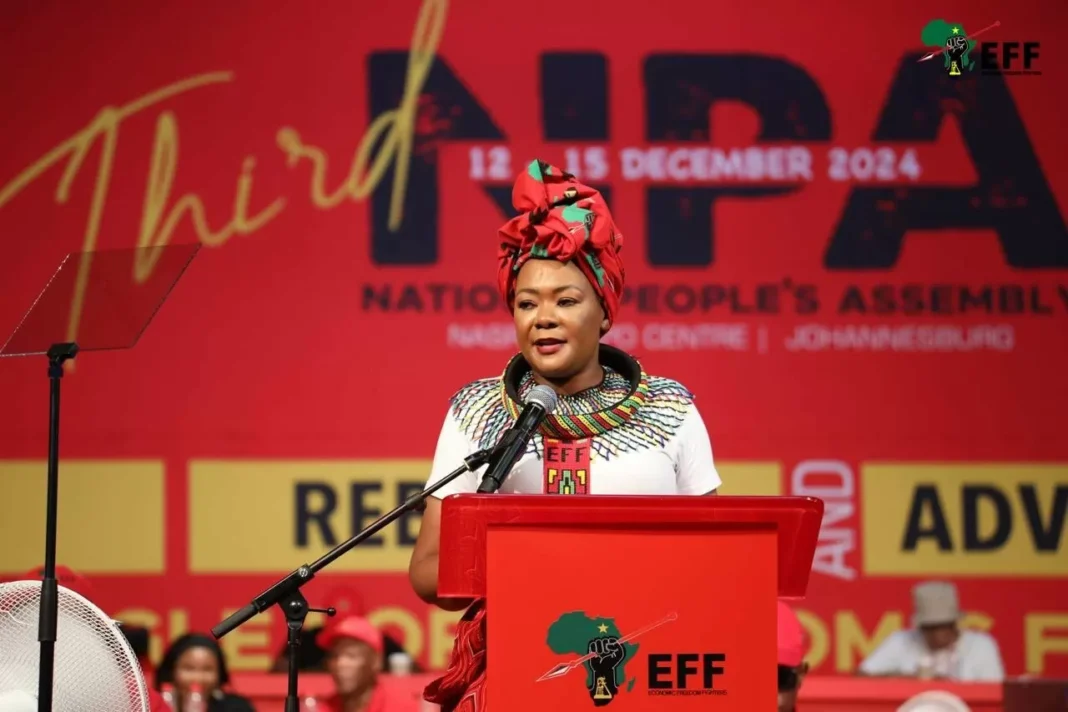There have been growing calls from various sectors of society urging Finance Minister Enoch Godongwana to avoid increasing Value Added Tax (VAT). This comes at a time when the country is facing economic challenges and the COVID-19 pandemic has further exacerbated the situation. As the Finance Minister prepares to deliver the Budget Speech in February, it is crucial that the concerns of the people are taken into consideration.
The South African economy has been struggling for years and the pandemic has only made things worse. With rising unemployment rates and businesses closing down, the last thing the citizens need is an increase in VAT. This tax is levied on most goods and services and has a direct impact on the purchasing power of individuals. Any increase in VAT would burden the already struggling citizens, especially the poor and working-class.
Furthermore, an increase in VAT would also have a negative impact on the country’s economy as a whole. It would lead to a decrease in consumer spending, which is a major driving force for economic growth. With less money in their pockets, people would be less likely to spend on non-essential items, which would in turn affect businesses and lead to job losses. This would create a vicious cycle of economic downturn, making it even more challenging for the country to recover from the effects of the pandemic.
Moreover, an increase in VAT would also have a significant impact on the cost of living for ordinary citizens. Basic necessities such as food, electricity, and fuel would become more expensive, making it harder for people to make ends meet. This would also have a domino effect on the prices of other goods and services, ultimately making life more difficult for the average South African.
It is important to note that the current VAT rate of 15% is already one of the highest in the world. Many developed countries have significantly lower rates, with some even exempting certain goods and services from VAT altogether. In South Africa, however, the burden of this tax falls heavily on the shoulders of the poor and working-class.
There have been suggestions that the government should consider increasing taxes on the wealthy instead of increasing VAT. This would not only be fairer, but it would also have a more positive impact on the economy. The wealthy have a higher disposable income and are therefore more likely to continue spending even with an increase in taxes. This would help to stimulate economic growth and create a more equal distribution of the tax burden.
Moreover, there have also been calls for the government to crack down on tax evasion and corruption. It is estimated that billions of rand are lost every year due to these illegal activities, which could be used to fund essential services and reduce the need for an increase in VAT. By addressing these issues, the government could potentially generate more revenue without burdening its citizens with higher taxes.
As the Finance Minister prepares to deliver the Budget Speech, it is crucial that he takes into consideration the concerns of the people. The call to avoid increasing VAT is not only about protecting the citizens from further financial strain, but it is also about promoting economic growth and creating a fairer society. The government has a responsibility to ensure that the tax burden is shared equitably, and increasing VAT would only exacerbate the existing inequalities in our society.
In conclusion, there are valid reasons for the growing calls urging Finance Minister Enoch Godongwana to avoid increasing VAT. It is crucial that the government listens to the concerns of the people and takes into consideration the potential negative impact of such a decision. As we navigate through these challenging times, it is important to prioritize the well-being of the citizens and work towards creating an economy that benefits all South Africans.


